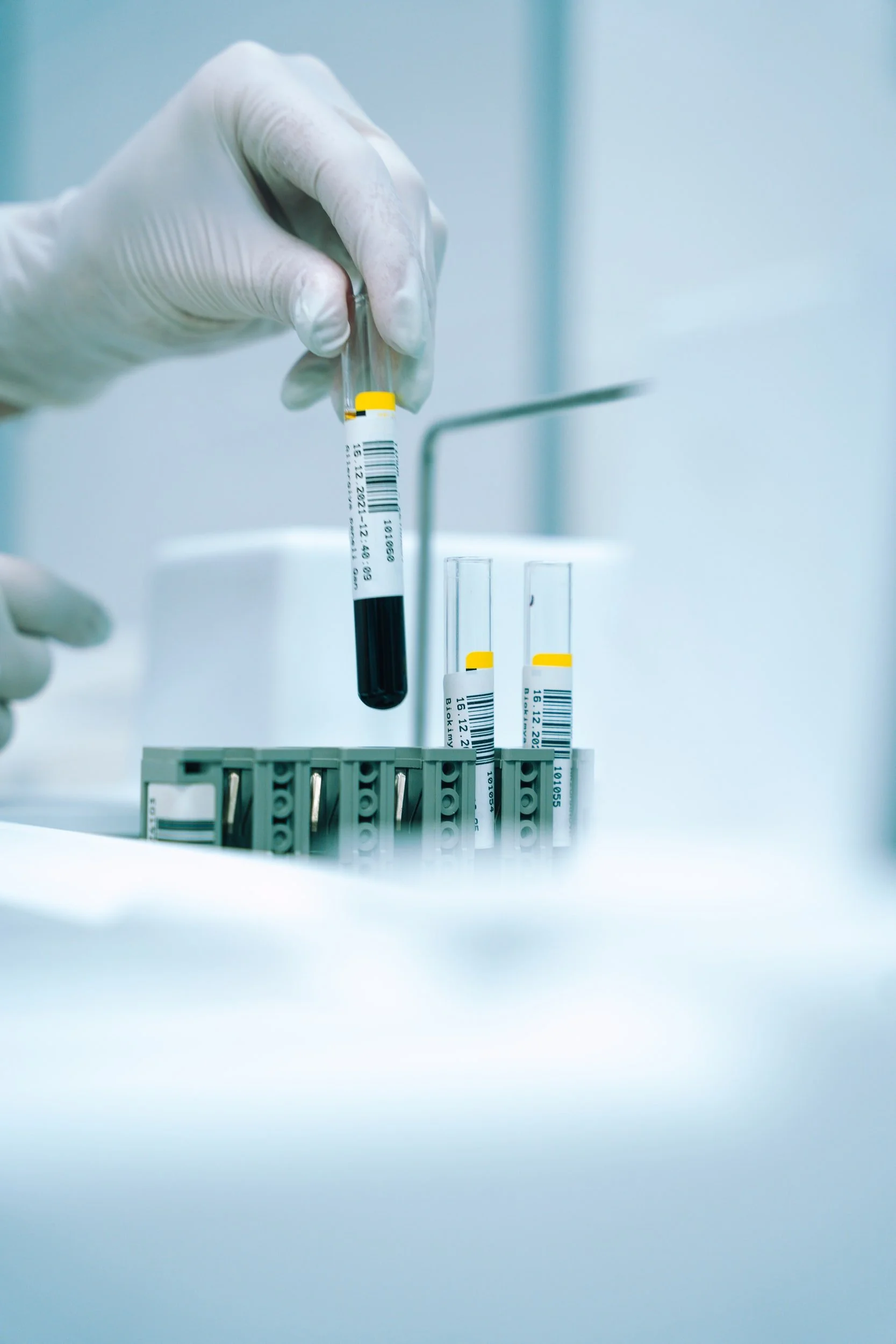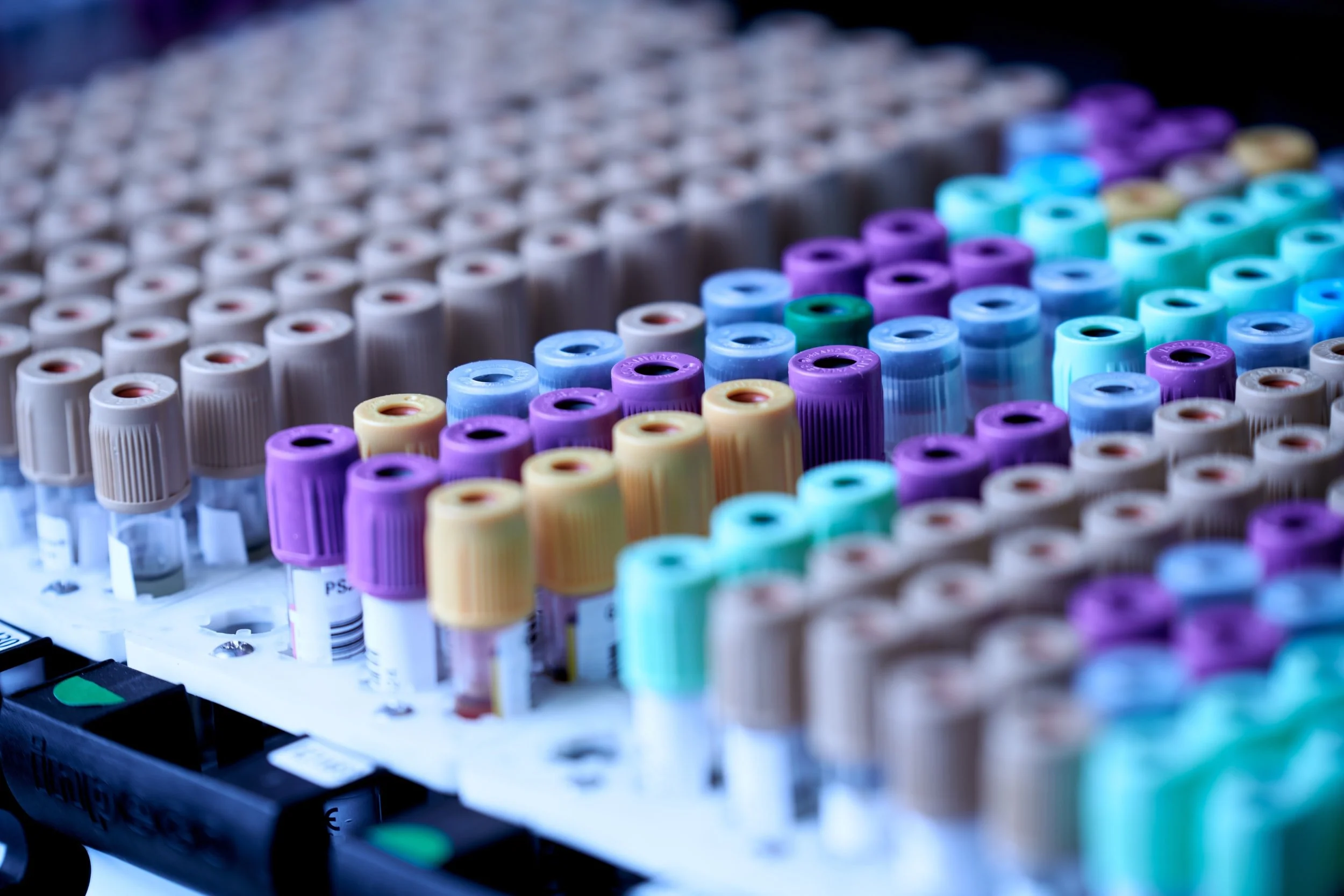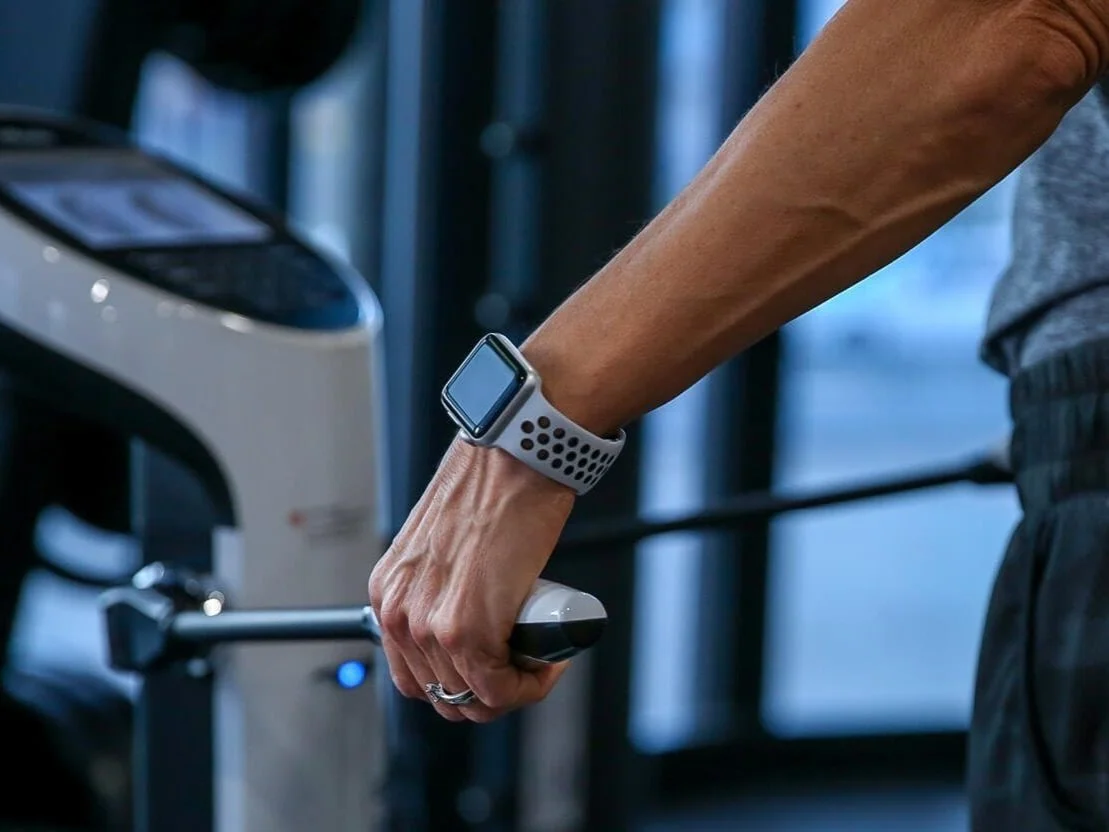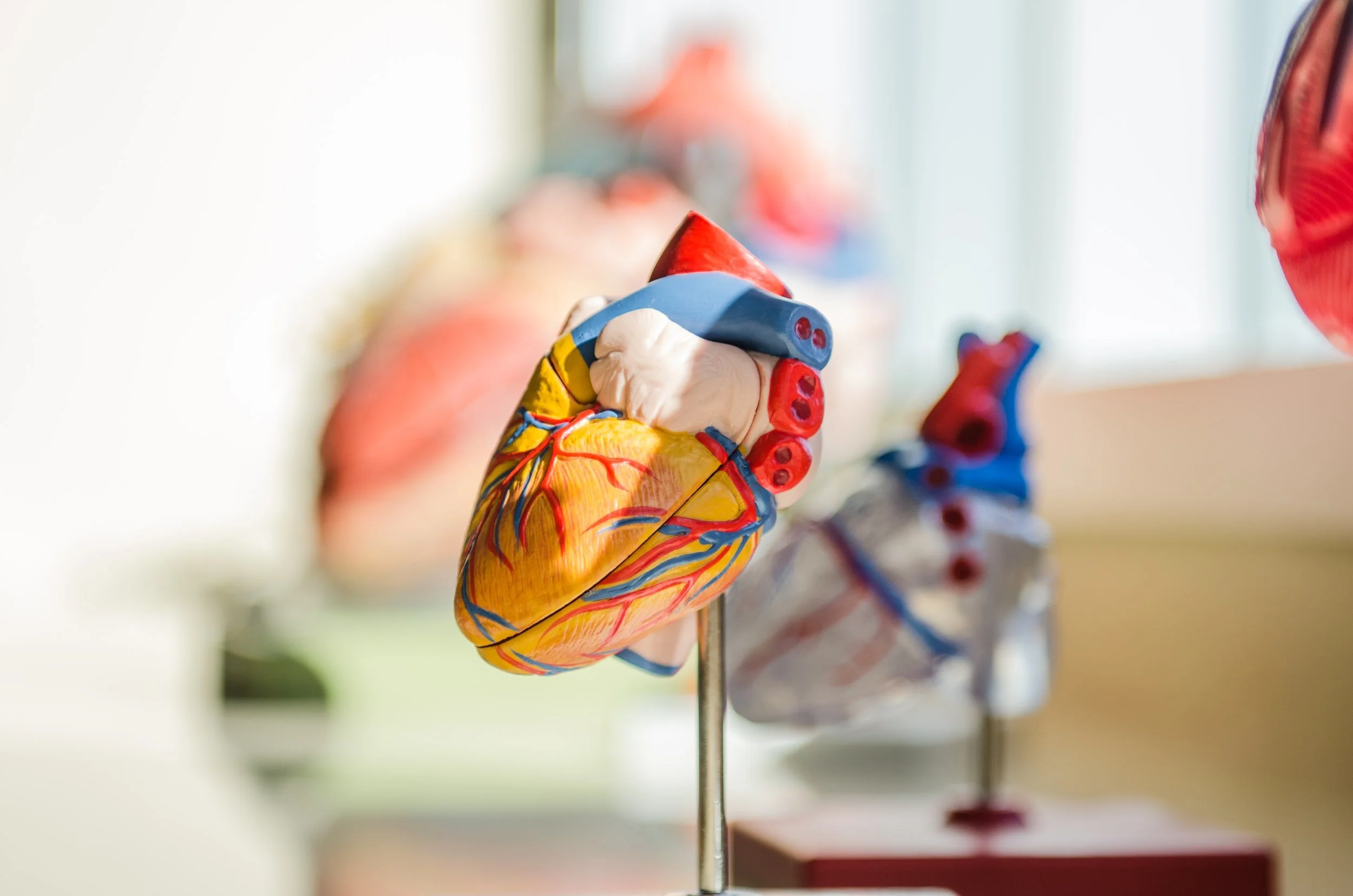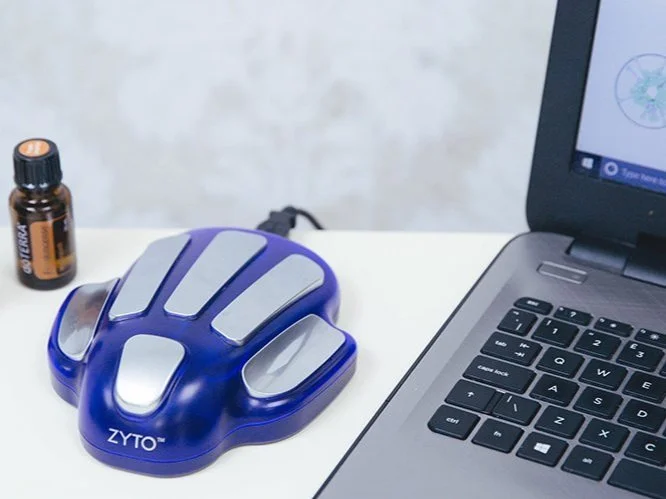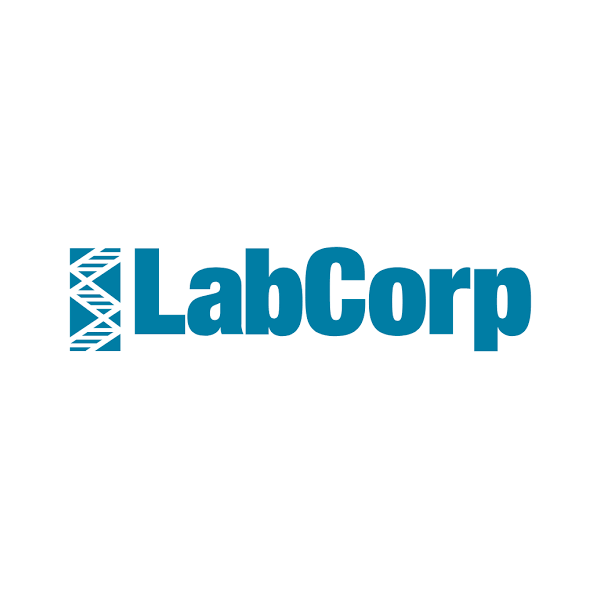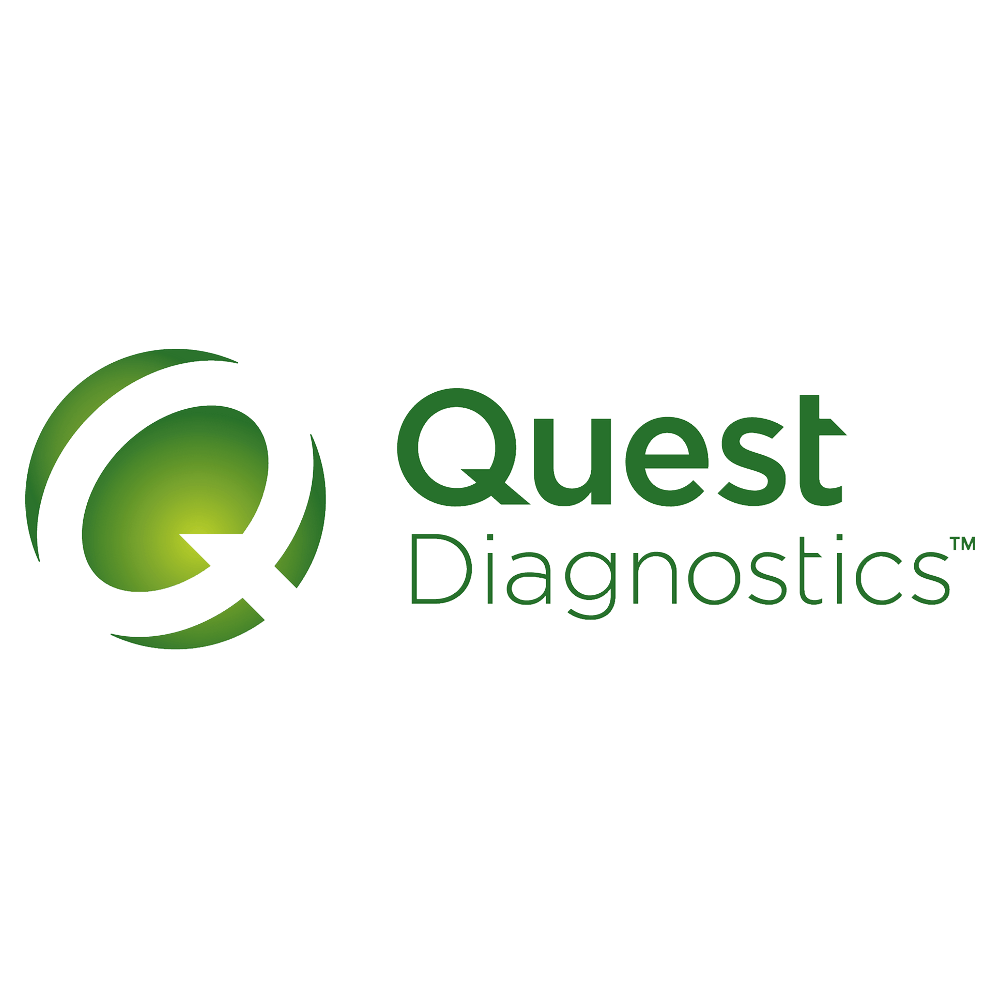TESTING & LABS
Here at A Natural Choice, Dr. Heather Boyd Roberts uses unique lab tests to help get a picture of what’s going on inside your body at a deeper level. She can provide the conventional tests that most medical doctors do, but to get a clearer picture of your health, she also recommends tests that many other health care providers do not. These tests tend to be very helpful in figuring out what is at the root cause of your illness and help to identify a diagnosis so that a specific treatment plan can be designed for you.
Conventional Testing
Dr. Heather often starts with blood tests that you get at your medical doctor’s office, with some detailed add-ons for a more complete picture. These tests are often a great first step in assessing your general level of health. They are usually less expensive and typically covered by your insurance company. However, these have often been run by your doctor so using more advanced testing is necessary.
Some of the more common conventional tests are:
CBC with differential – complete blood count. Lets us know how many red and white blood cells you have, and can point to things like anemia, B12 deficiency, inflammation and infection.
TSH – thyroid stimulating hormone. Lets us get a minimal idea of how well your thyroid is working. High numbers indicate a sluggish thyroid, while low numbers indicate an overactive one.
Ferritin – helps us assess your iron storage levels. Very low levels of ferritin can indicate anemia, high levels can indicate inflammation.
CMP - comprehensive metabolic profile looks at fasting blood sugar, liver enzymes and kidney function.
HgA1c – Hemoglobin A1c is a marker for blood sugar control and can identify pre-diabetes or diabetes.
Lipid panel – this includes serum triglycerides and cholesterol levels (HDL and LDL). Low levels of HDL and high levels of LDL are a risk factor for heart disease.
Advanced Blood Testing
Some of the conventional tests can be supplemented with more advanced testing that can be done through a blood draw to give a deeper understanding of your internal working environment. Some of the more common advanced testing include:
Thyroid function testing - Traditionally only a TSH is run. To get a complete picture TSH, Free T3, free T4, reverse T3 and in some cased anti-TPO and anti-thyroglobulin are measured.
CardioIQ - typically a brief overview of your lipids is run. To identify true cardiovascular risk you must test for LDLp (particle size) and various inflammatory, arterial plaquing, oxidative stress, nutrient, omega fat and gut marker related to cardiovascular risks. A scan of the arteries can also be ordered to monitor for atherosclerosis.
Diabetes - A1c and fasting glucose are limiting. A fasting insulin and a c-peptide to evaluate for insulin resistance is much more comprehensive. I see insulin elevated in people who’s A1c are low. The typical doctor is happy that their A1c is low, but buried beneath is an overcompensating insulin causing food cravings, aches and pains, fatigue and weight gain around your waist along with high risk for developing diabetes in the future.
Functional Testing
Functional lab testing does not identify disease. It helps evaluate how well a particular system is functioning on a spectrum of health. Many people without any diagnosable disease still don't feel well and in this circumstance your conventional labs may be completely normally.
SIBO / Lactulose Breath Testing
IBS is a leading cause of GI distress and there is purportedly no cure. However, it is well established that in a large percentage of people with IBS there is a frequent history of food poisoning which led to small intestinal bacterial overgrowth (SIBO). SIBO can cause diarrhea, constipation, bloating, gas, abdominal pain and cramping, reflux and GERD. SIBO can easily be tested through a controlled collection of your breath over a 3 hour period of time. Two gasses are measured and if they are elevated then you have overgrowth in your small intestine, and that can be the underlying cause of your IBS Symptoms.
Biotoxin / Immune / Mold Testing
Biotoxins are environmental or biological toxins that can cause chronic illness. Examples are molds or mycotoxins, red tide and green algae, spirochete bite, and brown recluse spider bite. Exposure to any of these agents can cause immune activation, chronic inflammation and a myriad of symptoms that can be disabling. Testing for exposure involves inflammatory and immune activation tests through labs such as Quest or Lab Corp, urine testing looking at systemically accumulated mycotoxins, nasal swabs looking for fungal or bacterial infections and house dust looking for possible exposure.
In Body Composition Scan
The InBody Scale is a machine that measures body composition through a method called bioelectrical impedance analysis (BIA). First used in the 1960s, the BIA method sends a small alternating current through the body that allows for highly accurate measurements of a person’s body fat as well as water, lean mass, overall weight, and more. BIA is painless, quick, non-invasive, and doesn’t pose any risk of side effects.
The Inbody measures the amount of muscle, water, fat and visceral or organ fat on your body. When you engage in an exercise or dietary program using the InBody helps to monitor the success of your program. It helps to make sure that any weight loss gains are from fat and not from muscle to ensure long term success.
Cardiovascular Risk Assessment
Dr. Boyd-Roberts works in conjunction with a laboratory called Cleveland Heart. They provide advanced prognostic indicators for future diabetic risks, insulin resistance, inflammation, arterial plaque development and risks for a future event. A combination of these factors in addition to a Coronary Artery Calcium Score and Carotid Artery Intima Thickness provides information for how aggressive you need to be in your treatment to prevent future cardiovascular events.
Hormone / DUTCH Testing
If you have mood swings, hot flashes, PMS, menopausal symptoms, insomnia, cyclical headaches, fatigue, anxiety or depression, or hair loss DUTCH testing will commonly be recommended. Some of the common hormones that are tested include the 3 forms of estrogen, progesterone, testosterone, DHEA, and cortisol. In addition, hormonal metabolism through phase 1 and 2 liver detox, B vitamin status and oxidation is measured on this same test.
Zyto Organ Stress Scan
Getting a ZYTO biocommunication scan is a simple and painless process. Simply place your hand on the ZYTO Hand Cradle while a scan is run. During the scan, subtle energetic impulses are introduced to your body. Your body will naturally respond to this communication, and the ZYTO software records each response. The ZYTO scan can help suggest underlying stressors or which supplements best match your body in order to improve your health and wellness. It’s important to note that ZYTO scans are not intended to treat or diagnose.


